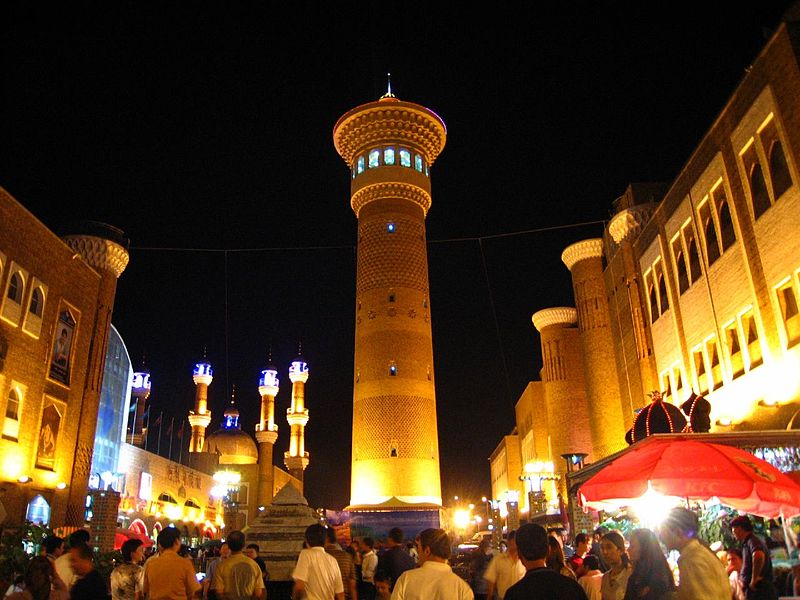World

China: Public washroom constructed on razed mosque site in Xinjiang
Some observers believe the step is a move to destroy the spirit of the Uyghur Muslims.
Reports of the construction of the restroom on the former site of the Tokul mosque in Atush’s Suntagh village come days after Radio Free Asia’s Uyghur Service learned that authorities had razed two of three mosques there in carrying out a directive to destroy Muslim places of worship en masse that was launched in late 2016, known as “Mosque Rectification.”
The Mosque Rectification drive, part of a series of hardline policies under top leader Xi Jinping, predates the mass incarceration of as many as 1.8 million Uyghurs and other Muslim minorities in a vast network of internment camps in the XUAR that began in April 2017, reports RFA.
RFA recently conducted a telephone interview with a Uyghur neighborhood committee chief from Suntagh village in Atush, a county-level city of about 270,000 people under the administration of Kashgar prefecture in the cotton- and grape-growing region of southwestern XUAR.
The committee chief, who spoke on condition of anonymity citing fear of reprisal, told RFA that Tokul mosque was torn down in 2018 and that a lavatory had been built in its place by “Han [Chinese] comrades.”
“It’s a public toilet … they haven’t opened it yet, but it’s built,” he said.
“People have toilets at home, so there weren’t any problems like that,” he added, when asked if there had been a need for the public toilet in the local community.
The committee chief said that with Suntagh located about three kilometers (1.85 miles) outside of central Atush, the area sees few to no tourists who would require access to a washroom.
He conceded that the toilet was likely built to cover up the ruins of the destroyed Tokul mosque, as well as for the needs of inspecting groups or cadres visiting the area.
The chief said it was unclear how many people the restroom was built to accommodate.
“It’s still closed, so I haven’t even been inside,” he said.



